“Methyl Ethyl Ketone (MEK) 165kg” has been added to your cart. View cart
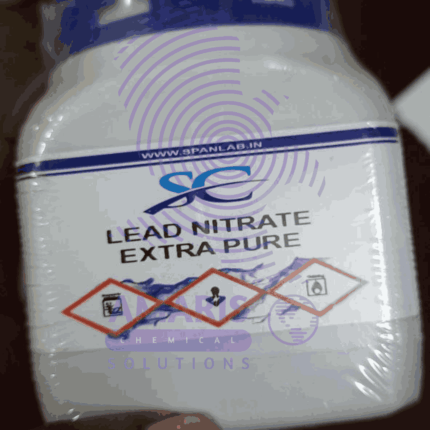
Lead Nitrate 250G
$2,500.00 Original price was: $2,500.00.$2,300.00Current price is: $2,300.00.

Lithium Grease 180kg
$75,000.00 Original price was: $75,000.00.$72,000.00Current price is: $72,000.00.
Zinc Dust 95%
Rated 5.00 out of 5 based on 2 customer ratings
(3 customer reviews)
$2,500.00 Original price was: $2,500.00.$2,300.00Current price is: $2,300.00.
Whatsapp Order
Zinc dust is a finely powdered form of zinc, characterized by its metallic, grayish appearance and high reactivity. Composed of small particles of elemental zinc, it exhibits a powdery texture and is often employed in various industrial applications. This fine powder has a distinctively metallic luster and is known for its ability to readily react with other substances. Due to its unique properties, zinc dust finds use in diverse fields, including metallurgy, corrosion protection, chemical synthesis, and as a component in various coatings and paints.
SKU:
ACS94398
Category: OTHERS
Description
uses of Zinc Dust
In the lab, zinc dust is often used in several ways:
- Reduction Reactions: Zinc dust can act as a reducing agent in chemical reactions, helping to convert compounds to their reduced forms. It’s commonly used in processes like the reduction of organic compounds and in the synthesis of various chemicals.
- Organic Synthesis: It’s employed in organic chemistry for the reduction of carbonyl compounds to alcohols, such as in the Clemmensen reduction.
- Catalysis: Zinc dust can be used as a catalyst or as part of a catalytic system in various chemical reactions, including those involving the formation of new bonds.
- Analysis and Testing: It is sometimes used in analytical chemistry to test for the presence of certain substances or to investigate reaction mechanisms.
- Corrosion Testing: Zinc dust can be used in experiments to study corrosion resistance and the effectiveness of protective coatings.
- Electroplating: In electroplating processes, zinc dust may be used to prepare solutions or as part of the electroplating bath.
4o mini
Reviews (3)
3 reviews for Zinc Dust 95%
Add a review Cancel reply
Related products
Calcium Octoate 10%
Long Oil (45/55)
Medium Oil (45/55) 180 kg Drum
Methyl Ethyl Ketone (MEK) 165kg
Methyl ethyl ketone (MEK) is a colorless, flammable liquid organic compound with the chemical formula C4H8O. It is a ketone, which means it contains a carbonyl group (C=O) bonded to two carbon atoms. MEK has a sweet, pungent odor and is commonly used as a solvent in various industrial applications such as coatings, adhesives, and printing inks. It can also be used as a chemical intermediate in the production of other chemicals. MEK is highly volatile and can pose health hazards if not handled properly.
Methyl Ethyl Ketoxime 190kg Drum
Petroleum Resin C9 Hydrocarbon 25 kg Bag
Petroleum resin C9 hydrocarbon, also known as C9 hydrocarbon resin or simply C9 resin, is a type of thermoplastic resin that is derived from the distillation of petroleum products. It is composed primarily of aliphatic and aromatic hydrocarbons, and is typically produced by the polymerization of C9 fraction of petroleum, which is obtained by the distillation of crude oil.
C9 hydrocarbon resin is a highly versatile material that finds use in a wide range of industrial applications, including adhesives, coatings, printing inks, rubber compounding, and more. It is valued for its excellent solubility, compatibility with other resins, and ability to enhance the properties of other materials, such as adhesion, tack, and flexibility.
In summary, petroleum resin C9 hydrocarbon is a type of polymer derived from petroleum that is widely used in various industries for its unique properties and compatibility with other materials
Solvent Naphtha C10 150 180kg Drum
Solvent naphtha is a term used to describe a group of hydrocarbon solvents that are commonly derived from petroleum. These solvents are typically used in industrial processes such as cleaning, degreasing, and as a diluent in the production of paints, coatings, and adhesives. Solvent naphtha can vary in composition, but it generally refers to a mixture of straight-chain and branched-chain hydrocarbons with boiling points in the range of 130°C to 230°C. The exact composition and properties of solvent naphtha can vary depending on the source of the petroleum from which it is derived and the specific refining processes used to produce it


 Emollients
Emollients Humectants
Humectants UV Filters
UV Filters Surfactants (cosmetic)
Surfactants (cosmetic) Preservatives (cosmetic)
Preservatives (cosmetic) Fragrances and Essential Oils
Fragrances and Essential Oils Antioxidants (cosmetics)
Antioxidants (cosmetics)
 Solvents (lab)
Solvents (lab) Chromatography Chemicals
Chromatography Chemicals Microbiology and Cell Culture Reagents
Microbiology and Cell Culture Reagents Biochemical Reagents
Biochemical Reagents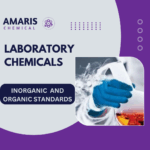 Inorganic and Organic Standards
Inorganic and Organic Standards LABORATORY EQUIPMENT & APPARATUS
LABORATORY EQUIPMENT & APPARATUS Spectroscopy Reagents
Spectroscopy Reagents Molecular Biology Reagents
Molecular Biology Reagents
 Precious Metal Extraction Agents
Precious Metal Extraction Agents

 Fertilizers
Fertilizers Plant Growth Regulators
Plant Growth Regulators Soil Conditioners
Soil Conditioners Animal Feed Additives
Animal Feed Additives Biostimulants
Biostimulants
 Dough Conditioners
Dough Conditioners Flour Treatments
Flour Treatments Fat Replacers
Fat Replacers Preservatives (baking)
Preservatives (baking)
 Surfactants (cleaning)
Surfactants (cleaning) Builders
Builders Bleaching Agents
Bleaching Agents Enzymes
Enzymes Solvents (cleaning)
Solvents (cleaning) Fragrances
Fragrances Disinfectant
Disinfectant Metal cleaning
Metal cleaning

 Sealants and Adhesives
Sealants and Adhesives
 Biodegradable Surfactants
Biodegradable Surfactants Bio-based Solvents
Bio-based Solvents Renewable Polymers
Renewable Polymers Carbon Capture Chemicals
Carbon Capture Chemicals Wastewater Treatment Chemicals
Wastewater Treatment Chemicals
 Preservatives (food)
Preservatives (food) Flavor Enhancers
Flavor Enhancers Acidulants
Acidulants Sweeteners
Sweeteners Emulsifiers
Emulsifiers Antioxidants (food)
Antioxidants (food) Colorants (food)
Colorants (food) Nutrient Supplements
Nutrient Supplements Nutraceutical Ingredients
Nutraceutical Ingredients
 Fresh Herbs
Fresh Herbs Whole Spices
Whole Spices Ground Spices
Ground Spices Spice Blends
Spice Blends
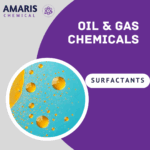 Surfactants(oil)
Surfactants(oil)

 Automotive chemicals
Automotive chemicals Pyrotechnic Chemicals
Pyrotechnic Chemicals



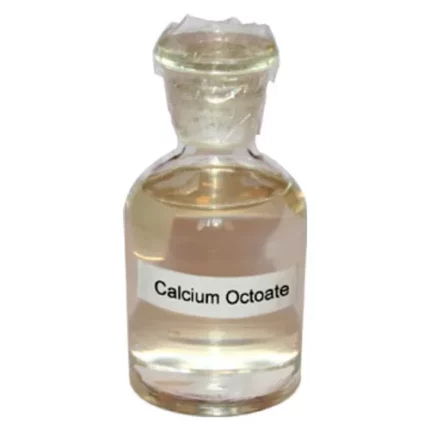
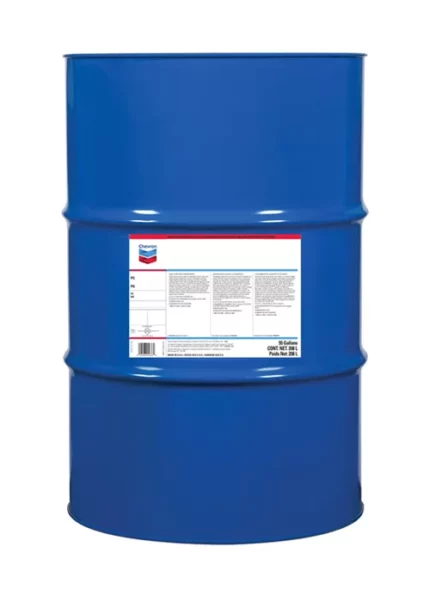

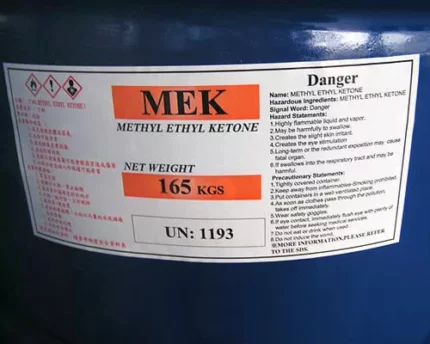
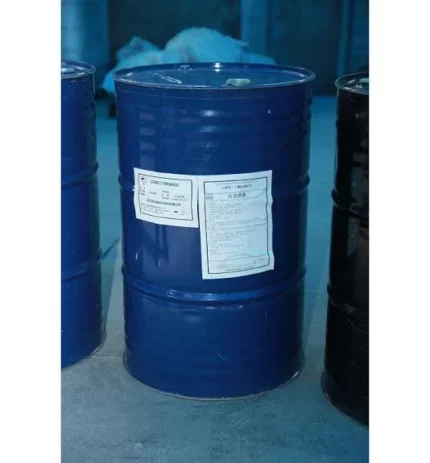
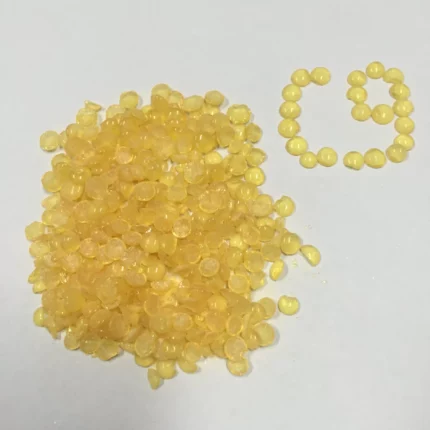
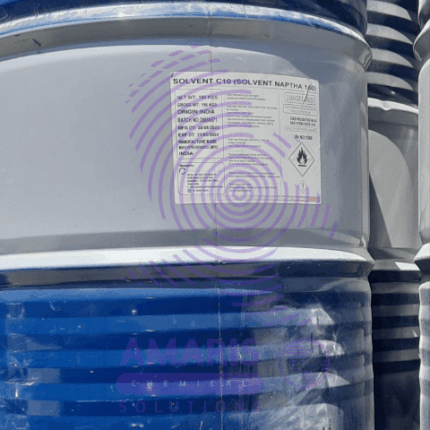
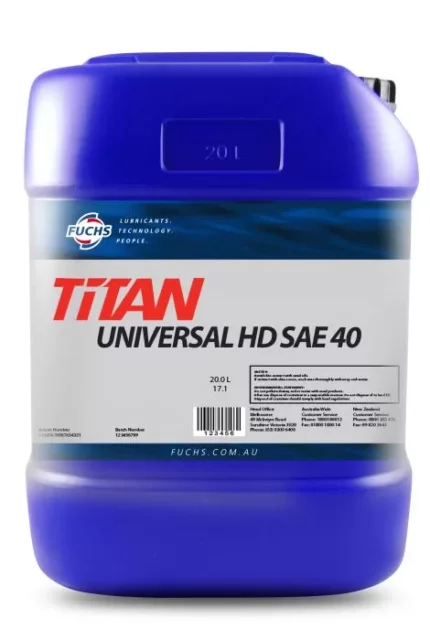













Salome –
I appreciate the reliability of zinc dust in various chemical reactions.
johnson okeyo –
Am happy with my purchase
Emon –
It is used in variuos applications to prevent corrosion in marine